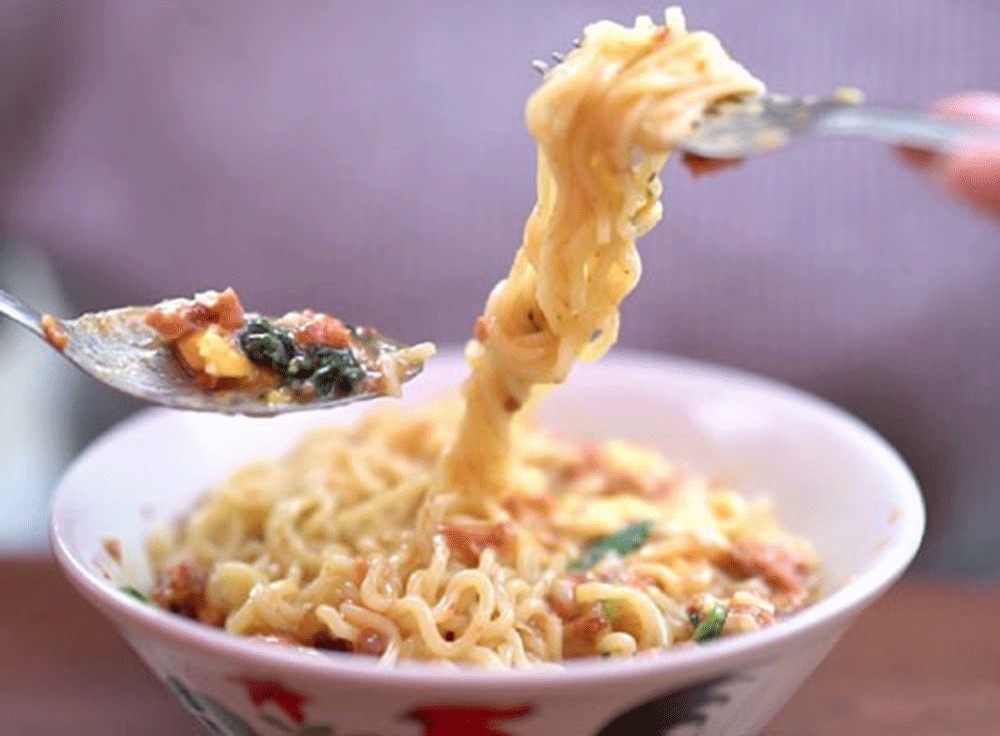Popular Reads
Top Results
Can't find what you're looking for?
View all search resultsPopular Reads
Top Results
Can't find what you're looking for?
View all search resultsMore than half of Indonesian toddlers malnourished because of poor diets: UNICEF report
The State of the World's Children 2019 report highlights a global shift in children's diets, especially in poorer families, from the often more healthy, traditional ones to highly processed foods and “ultra-processed” foods, which have been characterized with formulations containing little or no whole food and are extremely tasty, highly energy dense and low in essential nutrients.
Change text size
Gift Premium Articles
to Anyone
N
urmala, 42, had a plate half-filled with rice and chicken nuggets in her left hand, while her right hand was busy feeding her 3-year-old daughter, who kept scooting away from her mother, seemingly unimpressed with her dinner that Thursday afternoon.
The mother of five was seated at the door of her neighbor's house on the banks of Jakarta's West Flood Canal, located a block away from the bustling Tanah Abang Market in Central Jakarta, while her daughter ran around the narrow, cramped lane that separates the adjacent houses and street vendors from the embankment.
It has been a year since her youngest child, who appeared fit and healthy in her pink dress, gained notable weight. The little girl weighed 12 kilograms, which should not raise any alarms as it was within the ideal weight range according to the World Health Organization (WHO) Child Growth Standards.
Nurmala, however, could not help but compare her daughter with her neighbors' children, who commonly weighed 14 kg at that age, she said.
"She likes eating snacks, but it's different when it comes to meals. She likes eating jelly and drinking iced tea sold at the warung. Sometimes when I don't have any money, I'd keep her at home, but she managed to find a way out and buy snacks. If I don’t have money, then I'd owe the vendors, otherwise she'd cry and throw tantrums," she told The Jakarta Post on Thursday.
Nurmala said she spent at least Rp 2,000 (14 US cents) daily to buy snacks for her daughter. The amount may not seem much, but to Nurmala, whose husband worked as an ojek (motorcycle taxi) driver with fluctuating earnings, money was more often than not, tight.


















